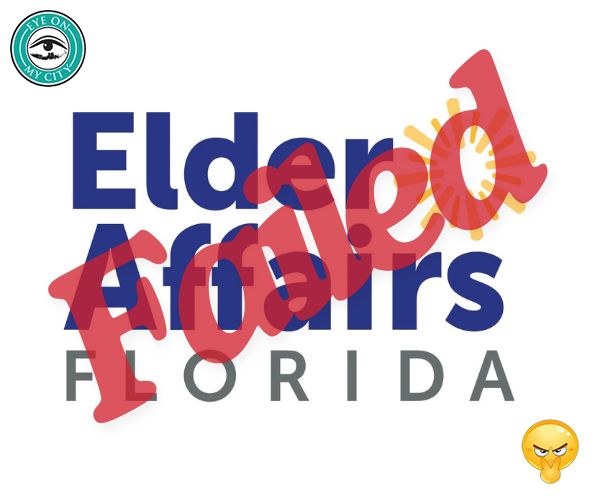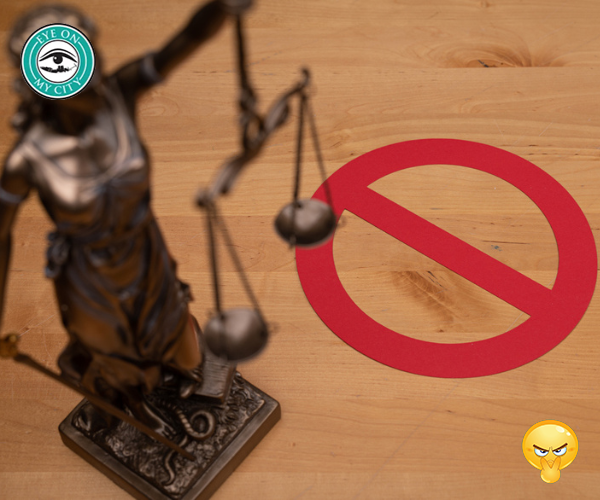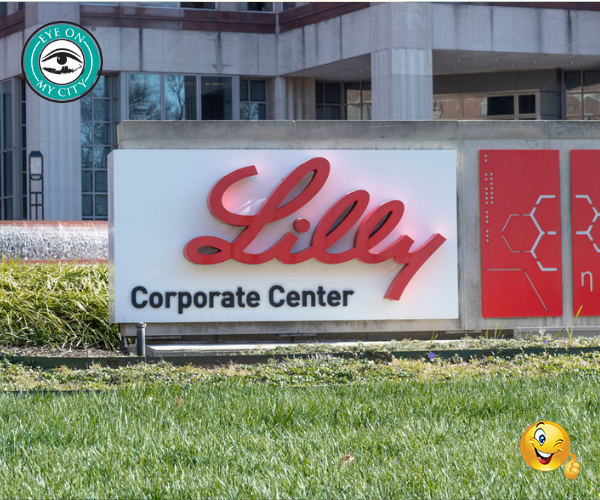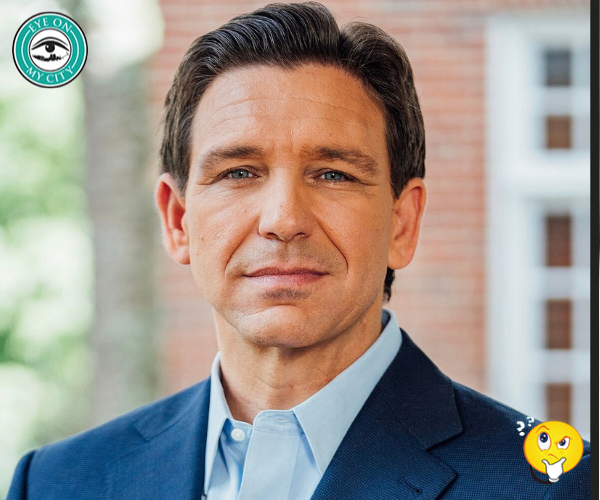Recently, we published an article titled “Betrayal of Trust: Exposing Legal and Political Corruption Against Florida’s Baby Boomers“, which attracted widespread attention across Florida and beyond. This article shed light on the deeply flawed guardianship system in Florida, prompting an overwhelming response from individuals who have experienced the devastating impact of this broken system. The stories we received were nothing short of heartbreaking and mind-boggling.
Among those who reached out was investigative journalist Diane Diamond, who has spent over eight years researching the “business of guardianship.” In her book We’re Here to Help: When Guardianship Goes Wrong, Diane uncovers shocking details about how guardianship systems across the country, especially in Florida, have failed and abused the elderly. During our conversation, one of her most alarming statements was: “Florida is the worst state for corruption within the guardianship system.”
This observation is particularly troubling for those of us who love Florida and call it home. Diane’s research highlights how the state’s large senior population—many of whom retire here while their children live in other states—becomes vulnerable to exploitation by bad actors and predators. These include for-profit guardians, bankers, realtors, lawyers, and even judges. Families are often blindsided by the court’s decision to place their loved ones in guardianship, leaving them to face expensive and often futile legal battles to regain their loved one’s freedom.
Here are just a few examples highlighting the system’s failings:
- “You’ll Get Hoodwinked”: Family Warns Against Emergency Temporary Guardianships
- Lawyers, Guardianships, A Cycle of Corruption
- Casey Kasem’s Daughter Helps Florida Woman Escape Guardianship
The question remains: how has Florida, with more than 5.3 million baby boomers contributing to the state’s largest tax base, allowed such a broken system to persist? It seems the answer lies in a longstanding entanglement of influential attorneys in Tallahassee who make it difficult to reform the system. When legislation arises that could address the dysfunction, these lawyers show up to convince lawmakers that the proposed changes “will not work” and are, in their view, non-starters.
Legislators defer to these attorneys either out of mutual respect, friendship, or fear of potential backlash. In short, lawyers wield significant influence in Tallahassee, and they like the system just as it is—after all, there’s a lot of money to be made in the guardianship business.
Guardianship has become a profitable enterprise where individuals can be reduced to “wards” of the court, with little apparent concern from agencies like the Department of Elder Affairs.
In an effort to address this crisis, we reached out to the Department of Elder Affairs, which has experienced its own internal difficulties in recent years. Even Governor DeSantis has acknowledged the need for greater accountability in the department. After Carol Berkowitz, the director of the Office of Public and Professional Guardians, resigned following the death of a ward under a guardian’s care, DeSantis issued a public statement, which you can read here: Head of State’s Guardianship Watchdog Office Resigns.
The most recent Secretary of Elder Affairs, Michelle Branham, took a call from us and initially appeared receptive to our concerns. We requested a meeting with her and local business leaders who share our deep concern about the guardianship program. She even mentioned that our timing was perfect as they were looking at how to regulate the system more effectively. However, since that initial contact in May 2024, our communications with the department have been met with delays and evasive responses.
On May 29, 2024, Laura Walthall, the Communications Director for Elder Affairs, informed us that Secretary Branham was unavailable for a meeting. Instead, we were asked to submit written questions. We complied, posing straightforward inquiries about who oversees the regulatory responsibilities of the guardianship program and whether any changes to oversight were imminent. Despite several follow-up emails, we have yet to receive answers. Responses have been vague and non-committal, stretching over three months with no answer to our simple requests.
It appears their strategy is to ignore the problem (us) until we go away. Unfortunately for them, we are not going away.
We find it deeply concerning that a department tasked with the well-being, safety, and independence of Florida’s seniors cannot address such critical issues. The Department of Elder Affairs’ mission statement speaks of protecting seniors, but words alone in a Mission Statement cannot safeguard the elderly from exploitation and corruption.
So, what is Eye doing to push for accountability? We continue to engage with anyone in a position of authority who will listen and take action.
In our next article, we will share more details about the bureaucratic hurdles we’ve encountered and provide an in-depth look at the requirements for becoming a for-profit professional guardian. This information will shock you as it did us.
It is crucial to note that this issue is not being overstated. Even Republican Vice Presidential Candidate J.D. Vance has publicly expressed concerns about abuses within the guardianship system during a Senate hearing last year.
You can watch a short clip where he voices his concerns here. To watch the full Senate hearing, click here.
If you or someone you know has been affected by the guardianship program in Florida, please call us at 1-800-652-2115 and leave a detailed message with your name, phone number, and email address. We will get in touch as soon as possible.
Eye will continue to fight for Florida’s seniors until this broken guardianship system is fixed.










